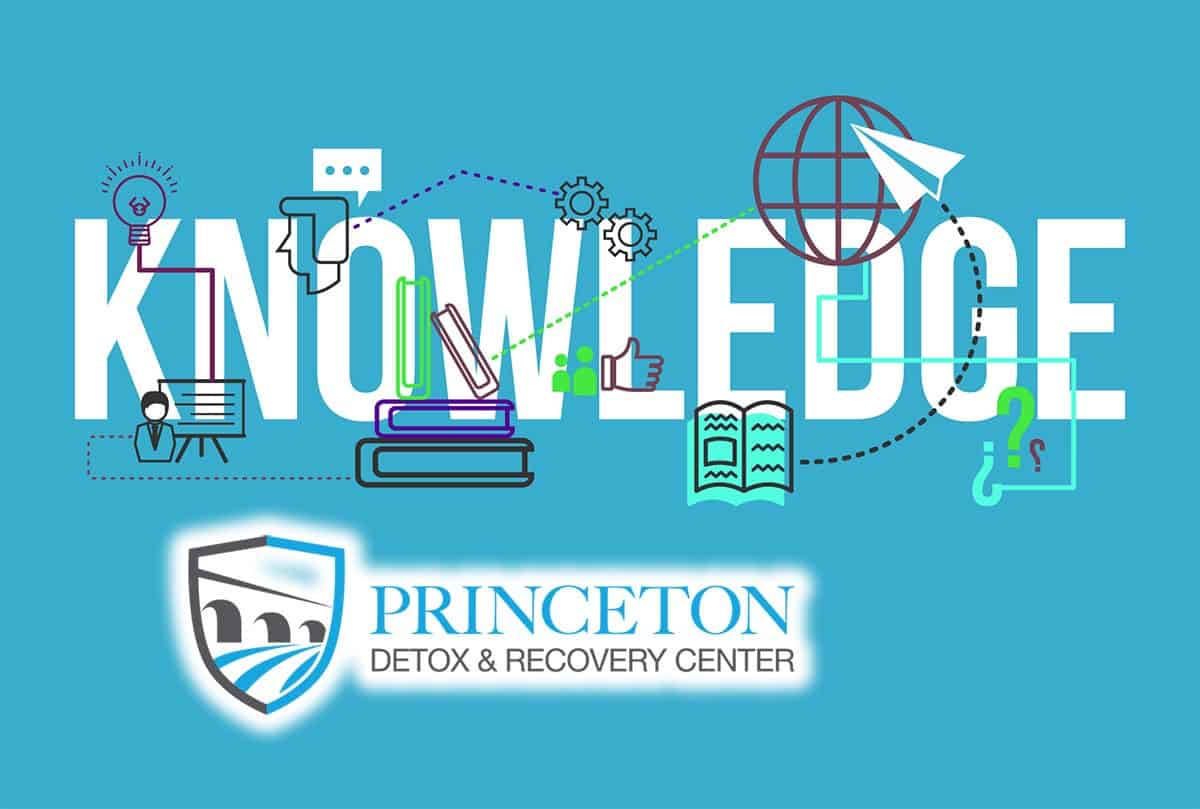Cocaine is a powerful stimulant drug, commonly used recreationally and often referred to as coke. Cocaine can be snorted (the most common method of use), dissolved and injected intravenously, or smoked. There are many mental and physical side effects, though coke is most well-known for causing increased alertness, feelings of extreme happiness and hyperactivity. Physical symptoms include increased heart rate, profuse sweating, widened pupils, and increased body temperature and blood pressure. The effects of the drug will kick in almost simultaneously, and will usually not last more than an hour.
For this reason (amongst others), cocaine is highly addictive. Once the euphoria begins to wear off the user will generally want to use more of the drug, leading to a quickly increasing tolerance (a need for a greater amount of the substance in order to produce the same effects). Cocaine is also addictive because of the effect it has on neural pathways within the brain. It affects the reward center in the brain by stimulating “feel good” chemicals like dopamine and serotonin. When the drug begins to leave the system these chemicals are left depleted, and the brain tells the body that unless more cocaine is used immediately, feelings of malaise and depression will linger. Basically, the central nervous system is tricked into thinking that happiness is completely dependent upon cocaine use. Breaking this cycle can be impossible without professional intervention and a long-term curriculum of cocaine addiction treatment.
Cocaine Addiction Facts
Below are some facts we’ve gathered that pertain to cocaine abuse and addiction. While some of these facts are pretty well-known, it’s important to thoroughly know what you’re dealing with when it comes to illicit chemical substances and those who are afflicted with substance abuse.
- Cocaine is a powerfully addictive stimulant, very rarely used (but sometimes used) for medicinal purposes. When it is used for medicinal purposes it is used as a local anesthesia for surgical procedures – however, this is very uncommon in the United States. Because cocaine is so addictive, alternatives have been created and are far more commonly used.
- Street dealers very commonly cut cocaine with other substances in order to receive street value. Some of the substances that cocaine is commonly cut with include talcum powder, corn starch, flour or baking soda. Snorting cocaine that is cut with other substances can do serious and irreparable damage to the nasal passages.
- Nowadays drug dealers are cutting cocaine with fentanyl, a potent narcotic opioid. Those who ingest cocaine without realizing that it’s been cut with fentanyl are overdosing at alarming rates. This even further strengthens the case amongst illicit drug use.
- Crack cocaine is a derivative of powdered cocaine, processed into a rock crystal which is typically smoked rather than snorted. Crack cocaine is more popular amongst members of the lower-class demographic because it is far less expensive than powdered cocaine. Powdered cocaine is frequently referred to as the “rich man’s drug” because it’s so popular amongst members of upper-class communities.
- Cocaine and heroin are frequently mixed. This combination of drugs is known as a “speed ball,” and it is responsible for a great number of overdose-related deaths.
- Of all the central nervous system stimulators found in nature, cocaine is the most potent and addictive.
- Cocaine has been around since 1859, when it was first extracted from the leaves of the coca plant. Since it was first introduced to the American market in the 1880s – where it was initially used as an anesthetic – it has been responsible for an increasing number of addictive disorders and drug-related deaths.
- The market value of cocaine has been consistently rising, and it now costs an average of $150 per gram in the U.S. Those who are struggling with a cocaine addiction are liable to spend thousands of dollars every week in order to support their habit. Because of this, cocaine addicts generally end up facing serious financial issues.
- Chronic cocaine abuse often leads to a host of serious and permanent physical issues. Amongst these are involuntary teeth grinding (which leads to the destruction of tooth enamel) and the destruction of the cartilage that separate a person’s nostrils. Cocaine abuse also causes dehydration, which can lead to a chronically dry mouth and ultimately, tooth decay.
- It has been found that men are more likely to abuse cocaine than women. However, the gender gap is steadily decreasing. Higher rates of abuse amongst men can be attributed to more risk-taking behavior amongst members of this gender.
- The combination of alcohol and cocaine causes more deaths than the combination of any other two chemical substances.
- Cocaine abusers are far more likely to suffer from mental health conditions like depression, anxiety and antisocial personality disorder. Frequently, those who are unaware that they are struggling with an underlying will turn to cocaine abuse as a means of self-medication. Chronic cocaine abuse has also been shown to lead to mental health conditions.
We Are Here For You
Let Us Help You Heal
Our Cocaine detoxification experience is second to none.
Learn how we can help by speaking with one of our Treatment Advisors today.
Cocaine Addiction Statistics
The following cocaine addiction statistics are alarming, considering the steadily rising street value of the drug. However, it is difficult to truly grasp the gravity and devastation of cocaine abuse or addiction unless you have experienced it firsthand. Take a look at the following cocaine addiction statistics, and keep in mind that the numbers are constantly changing based on continuously rising rates of drug abuse.
- More than 400,000 babies are born addicted to cocaine every year in the U.S. alone.
- Out of all the deaths associated with cocaine addiction, only one-third can be attributed to the actual pharmacological effects of the drug. Two-thirds of cocaine-related deaths are a result of suicide, homicide and accidents (like motor vehicle collisions).
- Cocaine abuse is the most common reason behind drug-related emergency room visits. A recent study showed that cocaine overdose accounted for 31% of total drug-related hospital visits.
- Studies show that 10% of individuals who experiment with cocaine will eventually transition into heavy drug abuse or cocaine addiction.
- Cocaine is the second most commonly abused drug in the country, right after marijuana. However, with more and more states legalizing medical marijuana, cocaine is rapidly becoming the most commonly abused illicit drug.
- Roughly 2,500 Americans will try cocaine for the first time on a daily basis.
- There are roughly 200 million people across the globe that are addicted to illegal drugs. Of this 200 million, there are an estimated 21 million individuals who are addicted to cocaine.
- U.S. citizens consume about 37% of the cocaine in circulation, which is shocking considering that the U.S. makes up around 5% of the total, worldwide population.
Ready To Begin Your Detox?
Don’t let addiction control your life.
Call us today and let’s get you started on the path to a better you.
Cocaine Addiction Treatment
Cocaine is widely abused and extremely addictive, and those that have been abusing the illicit drug for any length of time have a slim chance of recovery unless professional treatment is sought. We understand how difficult kicking a severe cocaine habit can be, but we also know that with the proper professional help, an addiction of any severity can be successfully overcome. Our comprehensive cocaine addiction treatment program focuses on mental and emotional healing, while instilling the tools and skills necessary to avoid cocaine relapse for years to come. If you know someone who has been struggling with cocaine abuse or addiction or if you have been struggling yourself and don’t know where to turn, we are available to help. Give us a call today, and we will help you determine the right course of action. Regardless of how unconquerable a cocaine addiction may seem while you are living through it, recovery is always possible.

Reviewed for accuracy by:
Amanda Hilzer M.Ed, CAADC, IADAC, ICCS, LCADC, CCS
Amanda graduated from Lehigh University with both an undergraduate degree in Psychology and a Master’s of Education degree in Counseling Psychology and has worked in the field of substance use disorder treatment and mental health treatment as a counselor and as a clinical manager for over 14 years.


































